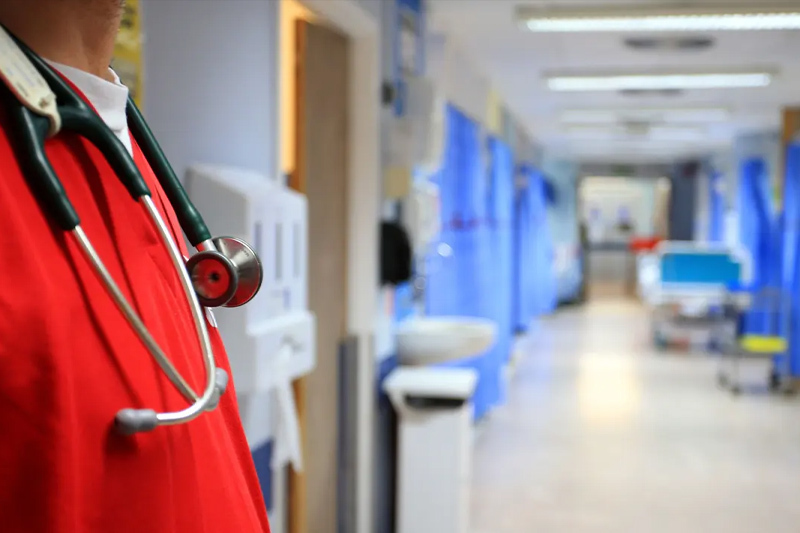
NHS Care Delays Are ‘A Disaster’ – All You Need To Know
Patient deaths arising directly from NHS England care delays have risen more than fivefold over the last three years. Long waits for an ambulance or surgery claimed 112 lives last year and harmed almost 8,000 people. 21 people lost their lives in 2019 owing to the delays.
As the NHS comes under considerable strain, the number of people who came to “severe harm” has also jumped from 96 to 152 in three years. The overall number of people suffering some degree of harm in such circumstances has leaped from 3,979 to 7,856, a rise of 97%.
NHS England’s Figures Could Be A Major Underestimate
“These data are alarming,” said Rachel Power of the Patients Association. The fatalities also included a man who died of a cardiac arrest after waiting 18 minutes for his 999 call to be answered by the ambulance service and was dead by the time the crew arrived.
A person suffering a cardiac arrest must be attended by an ambulance crew within 7 minutes of the call being made. Several other fatalities involved “stacking” of 999 calls, in which people are left on hold as ambulance services do not have the resources to answer them quickly.
Trusts are reducing the amount of planned surgery they perform after the government refused to offer a $1.26 billion bailout to help cover the cost of staff strikes. Power said this would translate into an even greater number of patients waiting for treatment.
471 patients waiting for adult mental health care suffered harm as a result of delays, more than in any other specialism. The next highest numbers were in treatments involving childbirth (253), eye problems (221) and trauma and general surgery (207).
Keep Reading
NHS Has Prepared Earlier Than Ever Before For This Winter
Nonetheless, NHS England’s figures could be a significant underestimate as A&E doctors fear as many as 500 patients a week may be dying owing to delays in getting an ambulance, starting specialist treatment or receiving A&E care.
A health service spokesperson said the NHS has prepared earlier than ever before for this winter to meet the continued record demand, why noting the rolling out of new ambulances and improved waiting times for ambulances, 999 calls and in A&E.




